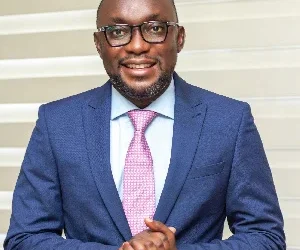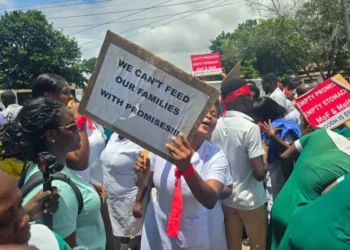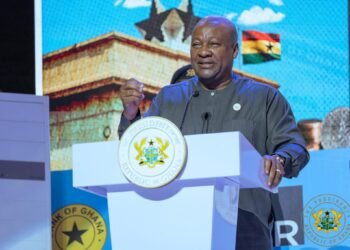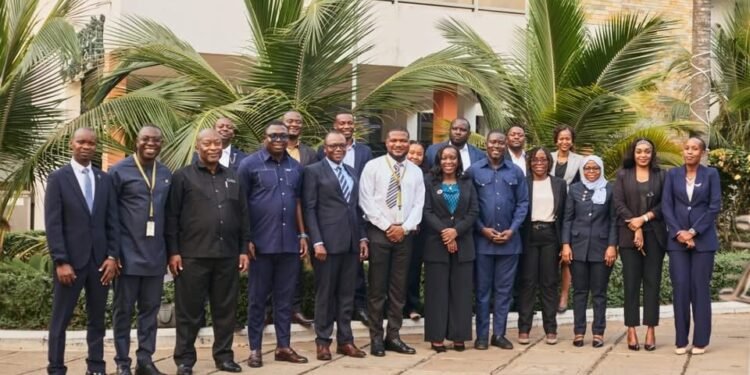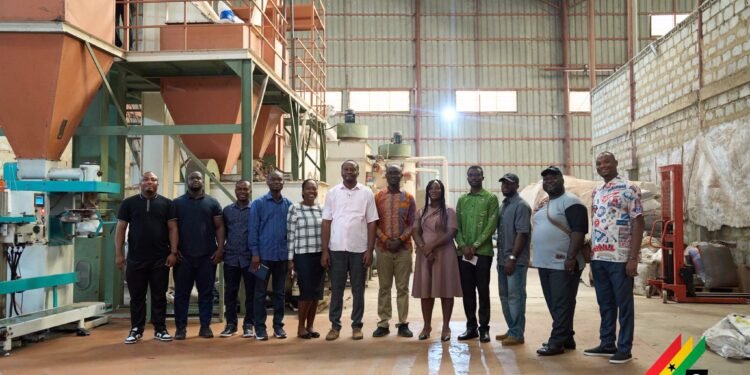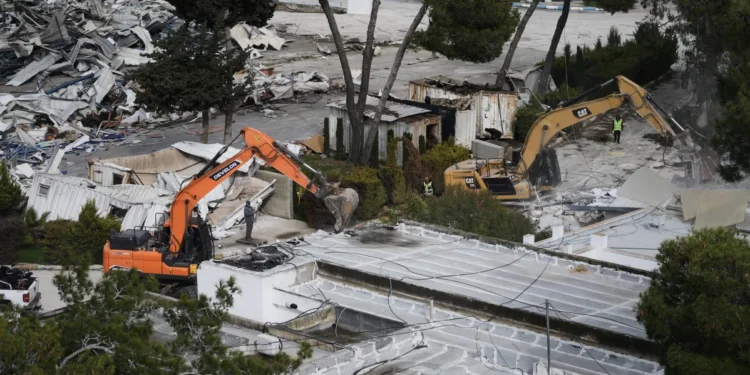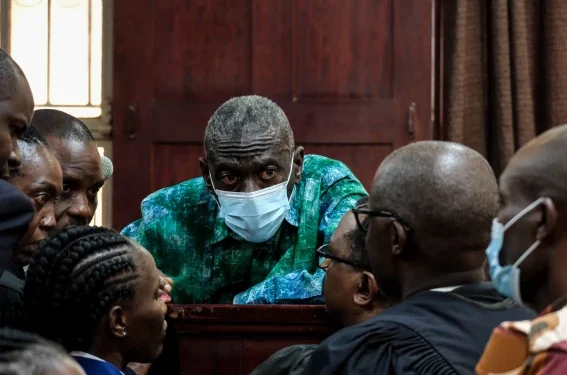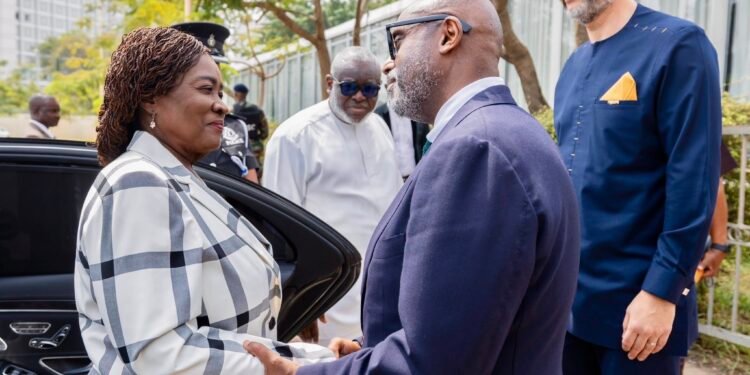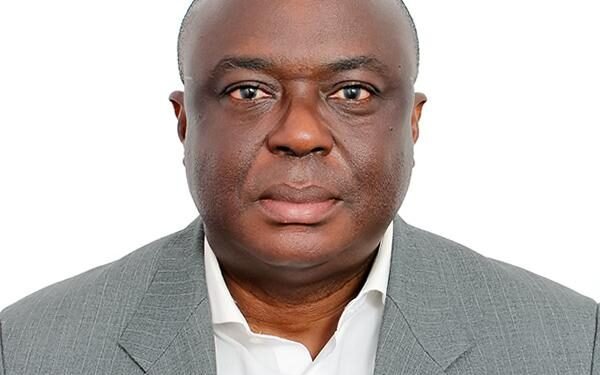In a comprehensive State of the Nation Address delivered to Parliament, President John Dramani Mahama outlined the critical challenges facing Ghana’s health sector and proposed strategic initiatives to address them.
President Mahama began by highlighting the severe financial constraints burdening the Ministry of Health, revealing liabilities approaching GHS 15 billion.
These debts encompass co-financing obligations, judgment debts, and costs associated with clearing medical supplies at ports.
He emphasized that the last significant investment in hospital equipment occurred in 2014 during his previous tenure, leading to widespread deterioration and malfunctioning of medical apparatus in Ghana Health Service (GHS) facilities.
Addressing the much-publicized Agenda 111 initiative, President Mahama criticized its inception as a reactionary measure during the COVID-19 pandemic.
The project aimed to construct 111 hospitals nationwide; however, the President noted the absence of a dedicated funding source for such an ambitious undertaking.
“Mr. Speaker, for the record, as I speak, not a single Agenda 111 hospital is operational in any part of Ghana. It is worth disclosing that US $400 million has already been disbursed under Agenda 111 project.
“At a rate of approximately $18m per hospital, the US$ 400 million spent could have completed at least 22 hospitals for Ghanaians. We will now require GHS 22 billion to complete the projects.”
HE President John Dramani Mahama
To expedite progress, President Mahama has directed the Minister for Health to develop a viable plan and expressed openness to public-private partnerships and franchising models to operationalize the hospitals.
Impact of USAID Funding Suspension
A pressing concern highlighted in the address was the abrupt 90-day suspension of services by the United States Agency for International Development (USAID), which occurred without prior notification.
This pause jeopardizes approximately $78 million allocated for malaria, maternal and child health, nutrition, and HIV/AIDS programs.
The suspension particularly affects the delivery of medical supplies to regional medical stores and health facilities in the Upper West, Upper East, Northern, and Savannah regions, as well as support for the National HIV/AIDS Control Programme in the Western, Western North, and Ahafo Regions.
To mitigate the potential fallout, President Mahama has instructed the Minister for Finance to arrange immediate financial provisions, which will be reflected in the forthcoming budget.

Revival of Mobile Healthcare Services, Addressing Disease Outbreaks
In an effort to enhance healthcare accessibility in remote and underserved communities, the President announced plans to revive the ONUADOR mobile healthcare vans.
These units will offer outpatient services, ophthalmology, dental care, ENT services, and cancer screenings. A previous iteration of this initiative was discontinued in 2017; its reinstatement aims to bridge the healthcare delivery gap in vulnerable areas.
President Mahama expressed concern over the resurgence of diseases, both new and old, underscoring the necessity for a resilient health system capable of withstanding such shocks.
Since October of the previous year, Ghana has been grappling with a severe cholera outbreak, recording 6,300 suspected cases, 545 confirmed cases, and 49 deaths as of February 17, 2025. The epidemic has spread across 118 districts in the Greater Accra, Central, Western, Ashanti, and Eastern Regions.
In response, the government has launched an aggressive vaccination and public education campaign, among other interventions.
Additionally, the Upper West Region is contending with a meningitis outbreak, with 135 suspected cases, 22 confirmed cases, and 16 deaths reported across ten districts.
The administration has instituted free treatment for affected individuals and deployed a national team of health experts to promote early reporting to healthcare facilities.
The President drew a direct correlation between environmental sanitation and the prevalence of infectious diseases, advocating for improved personal hygiene and cleaner communities.
He committed to rectifying existing deficiencies through targeted investments, stringent supervision, and performance tracking to ensure cleaner cities and towns.
Introducing Free Primary Healthcare and the Ghana Medical Trust Fund
In alignment with the National Democratic Congress’s 2024 Manifesto, President Mahama announced the development of a framework for the rollout of the Free Primary Healthcare Programme.
This initiative aims to eliminate financial barriers to basic healthcare access, marking a significant stride toward achieving universal health coverage as outlined in Sustainable Development Goal 3.8.
Complementing this effort, plans are underway to establish the Ghana Medical Trust Fund, dubbed “MahamaCare,” dedicated to financing the treatment of non-communicable diseases (NCDs) such as cancer, diabetes, and heart disease.
The President highlighted the alarming rise of NCDs over the past decade and the financial strain they impose on patients.
The government has pledged to allocate resources toward this fund in 2025 and seeks additional support from private sector partners to ensure its sustainability.
Once operational, MahamaCare will alleviate the financial burdens associated with critical treatments, including dialysis and cancer care.
Collectively, the Free Primary Healthcare Programme and MahamaCare are poised to revolutionize Ghana’s healthcare landscape by improving accessibility, enhancing health outcomes, and bolstering the overall well-being and productivity of the nation’s populace.
READ ALSO: Mahama Announces Plan to Revitalize Ghana’s Petroleum Sector






